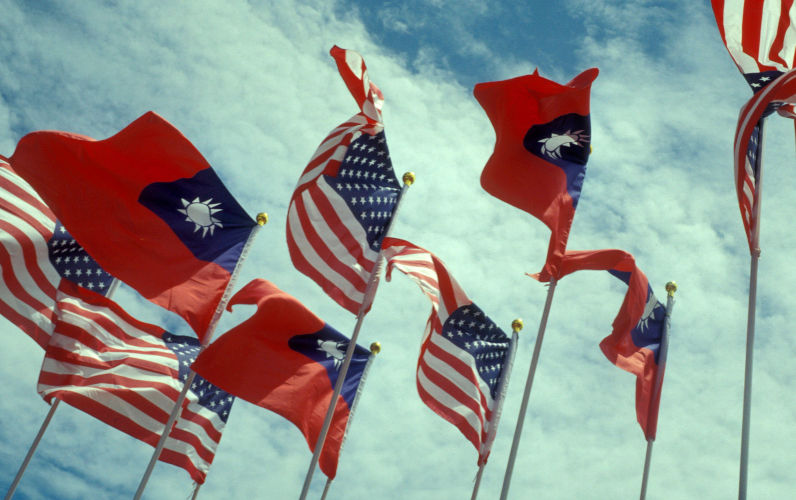‘Strategic clarity’ over Taiwan is just so much American bombast
June 8, 2025
Ally or not, no one with a decent sense of self-preservation can afford to take a security guarantee by the United States at face value nowadays.
People often make a situation worse because they are unhappy with the status quo. The United States is doing exactly that over Taiwan. In doing so, it is, as PLA Major-General Hu Gangfeng said, destabilising the whole region.
US Defence Secretary Pete Hegseth made headline news at the Shangri-La Dialogue for regional security in Singapore last week by warning of “devastating consequences” if China tried to “conquer” Taiwan.
He said America stood shoulder to shoulder with its allies and partners in the region, and that no one should doubt its commitment. Really?
But as a caveat, he said countries in Southeast Asia needed to boost defence spending, possibly to 5% of GDP. That immediately invited ridicule from some conference participants.
Mohd Faiz Abdullah, chairman of the Institute of Strategic and International Studies in Malaysia and a senior adviser to Prime Minister Anwar Ibrahim, called it “mind-boggling” and “nonsensical” to expect countries in the region to drum up 5% of their GDP in military acquisitions, presumably from US arms manufacturers. It would make more sense, he suggested, for Washington to dispense with its highly destructive tariffs and deepen economic engagement with the region instead. Indeed!
In one breath, Hegseth said the US would support them against Chinese aggression, while asking them to ramp up military spending and contribute to the fight. But ASEAN is not NATO. Most of its member states are not even American military allies. The Philippines is an exception. ASEAN wants to engage with China, not fight it, especially over Taiwan. The island is not to East Asia what Ukraine is to the European Union or NATO. It’s not even their fight.
But what Hegseth said made good sound bites. Claiming the mainland’s threats to the island “could be imminent”, he said “if called upon by my commander-in-chief, we are prepared to do what the Department of Defence does best, to fight and win decisively [against China]”.
Increasingly, politicians and officials in Washington have taken to claiming the US should defend Taiwan against any mainland aggression or invasion, without bothering, as they once did, to specify the conditions for such an armed response. The former is called strategic clarity; the latter is the longstanding US policy of strategic ambiguity.
But what if Taiwan declares formal independence and crosses the reddest of all red lines for Beijing? Writing in the Financial Times in March, former US deputy assistant defence secretary for East Asia Michael Schiffer explained that the era of strategic ambiguity — “to deter Beijing from aggression while also discouraging Taipei from declaring formal independence” — is over. Instead, he argues, “the US should explicitly state that any attempt by China to enforce unification through military means or by economic coercion would have severe consequences. This would signal to Beijing that aggression will be met with a robust and co-ordinated response".
Well, that may or may not deter Beijing, but wouldn’t it encourage Taiwan to declare independence? What if the island did just that, wouldn’t it be an invitation to war? Schiffer has no comment.
In any case, it doesn’t really matter one way or another – clarity or ambiguity. These days, it’s hard for anyone to take Washington’s security guarantee at face value, unless you are Taiwanese leader William Lai Ching-te and his secessionist comrades in the Democratic Progressive Party.
Well-informed Taiwanese are no doubt aware that Donald Trump has accused their island of stealing America’s semiconductor industry. Last month, offhandedly, he said “unification and peace” would be “great”. Meanwhile, his support for Ukraine’s war efforts has been inconsistent.
This is not the America of old that it “shall pay any price, bear any burden” with its security guarantees, and people believed it. It is Trump’s America now. Peace and security across the Taiwan Strait and in the Asia-Pacific will henceforth greatly depend on the wise responses of Beijing against a secessionist island and an aggressive, but erratic, US.
Republished from South China Morning Post, 4 June 2025
The views expressed in this article may or may not reflect those of Pearls and Irritations.


